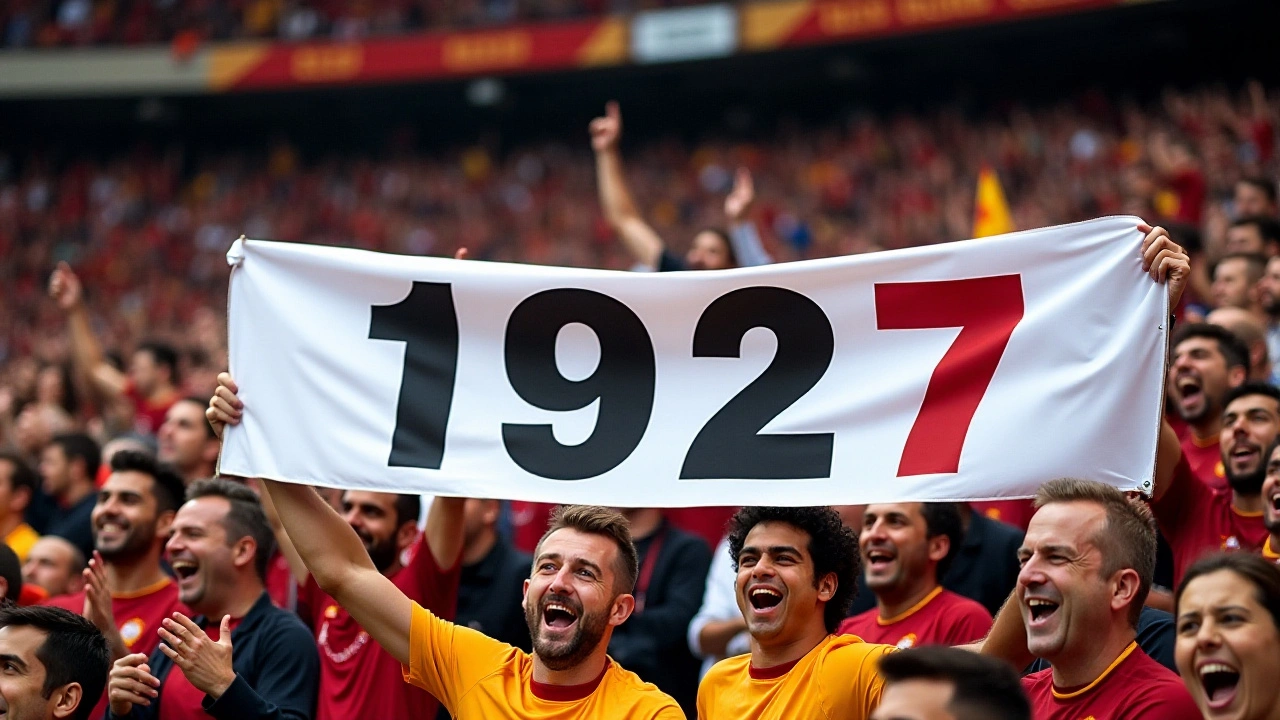Racist Abuse: What It Is and How to Stop It
Racist abuse is any comment, gesture or action that targets a person because of their race or ethnicity. It can pop up on a football pitch, in a stadium, on social media, or even in the workplace. The worst part is that it not only hurts the person on the receiving end, it also poisons the whole community around them.
In recent weeks we’ve seen several incidents in sports where fans shouted slurs at players, or where online trolls flooded forums with hate. Those moments spark big headlines, but the everyday reality is that many victims stay silent because they think nothing will change.
Why Racist Abuse Hurms Everyone
First, it damages the mental health of the target. Victims often feel unsafe, anxious or depressed after being singled out. Second, it creates a hostile environment for teammates, staff and other fans. When one person is attacked, the whole crowd can feel less welcome, which lowers attendance and community spirit.
Third, racist abuse can lead to legal trouble for clubs, leagues and platforms. Many countries have strict hate‑speech laws, and a single post can result in fines, bans or criminal charges. Ignoring the issue isn’t an option if you want to keep the sport clean and profitable.
Practical Steps to Fight Racist Abuse
1. Know the reporting channels. Most leagues have a dedicated hotline or online form for racism complaints. If you see abuse in a stadium, use the steward’s phone or the club’s app to flag it instantly.
2. Document the incident. Take screenshots, note the time, location and any witnesses. This evidence makes it easier for authorities and clubs to act.
3. Support the victim. A simple “You’re not alone” can mean a lot. Encourage them to report and offer to help file the complaint.
4. Educate fans and teammates. Host workshops or share quick videos that explain why racist jokes are harmful. When people understand the impact, they’re less likely to repeat it.
5. Use social‑media tools. Platforms like Twitter and Instagram have built‑in “report” buttons. Blocking the offender and muting keywords can also reduce exposure.
6. Push for strong club policies. Ask your favorite team to adopt a zero‑tolerance stance, with clear penalties for offenders and visible anti‑racism campaigns on match days.
7. Stay informed. Laws change, and new reporting tools appear all the time. Subscribe to newsletters from anti‑racism NGOs to keep your knowledge fresh.
Remember, ending racist abuse isn’t a one‑person job. It requires fans, clubs, leagues and online platforms to work together. The sooner we all speak up and take action, the quicker we’ll see safer, more inclusive spaces for everyone who loves sport.

